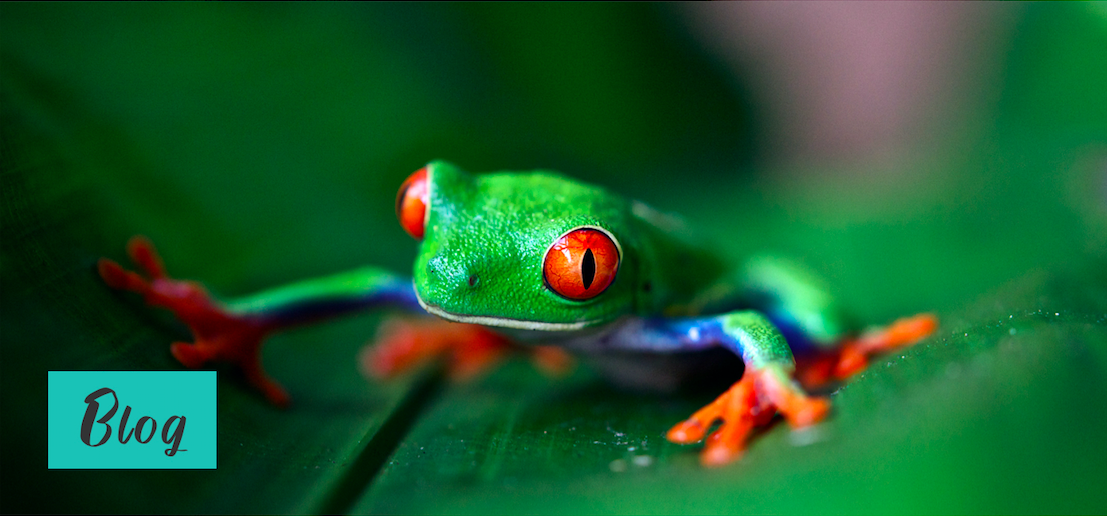Wildlife Research Volunteer Project: BATS
Bat Project
Hi there! This article is intended to teach those interested in or considering wildlife volunteering. This is just the experience of one person, one time, but hopefully can provide some insight into what it’s like. For more info, and broader perspective, check out my other posts on wildlife research volunteering. I found out about this project through contacting professors directly. I hope you find it insightful!
On to the dusty world of bats flying around almond orchards on the dusty plains!
Science project: Bat immune systems
Location: Southern California
Animal: Bats, several insect eating species of micro-bat
Date Study Occurred: Fall 2013
What Project was about (context):
To study the immune health of insect-eating bats in different agricultural ecosystems: organic vs conventional farming. In this case, where I was present, that part of the study took place in a huge almond orchard. We spent hours setting up mist-nets to catch them at night (their active times). Taking blood samples from subjects, before releasing. And sometimes we put tiny radio trackers on them, to track where they go.
What is was like working on it:
It was just two of us, the researcher (Phd student) and me (volunteer). For several nocturnal weekends in the field, and then some weeks analyzing of blood slides under microscopes in the lab. We drove out to the farm around mid-morning, and then set up camp. Tents in the dusty earth beneath endless rows of almond trees.
It took hours of sweaty work in the hot sun, building extensive mist-net systems in the open spaces. This is basically a giant (2-3 stories tall / 30 feet) fine silky net on sticks, impressively designed by the researcher herself. I was surprised to learn, there’s a lot of that in field biology- makeshift engineering.
Then we could take a break until dark, when the real work began. Biology is about living on the animal’s schedule, you know. And this animal, bats, come out between 9pm-4am. So that is when you work. If you are not nocturnal, as I was not (holding down a day job mid-week) this was extremely difficult.
From 9pm onward into the night, we sat in the dark with flashlights (usually off), in camping chairs with a folding table nearby for the research materials. Every twenty minutes or so, we’d check the mist-nets to see if bats were caught (often not for hours!). Patience is key, in all biology field research. When we caught them, we carefully remove the bat from mist nets with thick gloves on (I heard in small bird research they also use mist nets and similar technique, but in the day time). We made, what we call, a “bat burrito” (see photos) where the creature sits snug in a little towel in the glove, which relaxes it so we can take blood. There were also some poop bags, to collect that. Guano! favorite quote: “you stay in that bag, and you poop!”.
After hours, on location:
This amounted to basically me passing out some time around 4am in our little tent. The main researcher was still out there, in the camping chair, possibly dealing with bats. I didn’t have the stamina or schedule like her for this. I awoke the next morning at 2pm, to find she and the car were gone. Along with my pants. And no phone signal. SO that was a scare. I would say, plan better for something like this. Maybe communicate better with fellow researchers. Bring food, more clothes, a portable charger— and don’t leave those things in the car, where it can drive away without you! It would have been scarier, but I made an adventure out of it…
I assumed she would eventually come back for me. It took some hours, in which time I scavenged the floor for almonds to crack open, and crossed to nibble grapes from a nearby vineyard. It could have been dangerous if someone had seen me (and I had no pants). I was alone and defenseless, and it probably wasn’t smart of us. I was kind of worried, kind of angry. Eventually, the car rolled back in, crunching over the dust, and she brought me coffee. We cleaned up in the bathroom of a truck-stop.
Overall Rating / Lessons learned:
It was a rugged trip. Not for the faint of heart.
The human companion was great, though there was some friction if I talked too much, as she was the silent type. But we did get along and I really looked up to her. She is a legend in my heart.
I did learn that to work with bats, one needs a series of 3 rabies shots, not covered by insurance (over $800). This is one big reason why I didn’t want to continue working with bats. The other is, I am not nocturnal. I prefer the kangaroos’ dawn-dusk schedule. ;)
Some Pictures From Project: (Look at those cute bats!)






